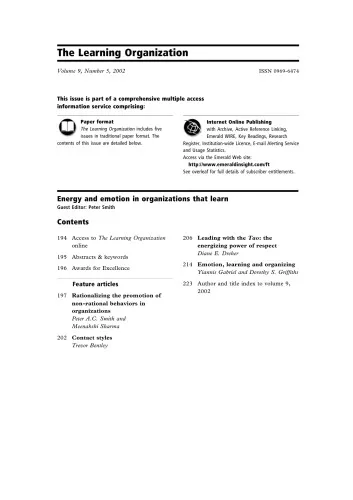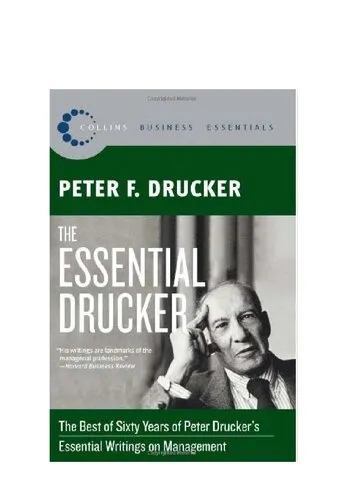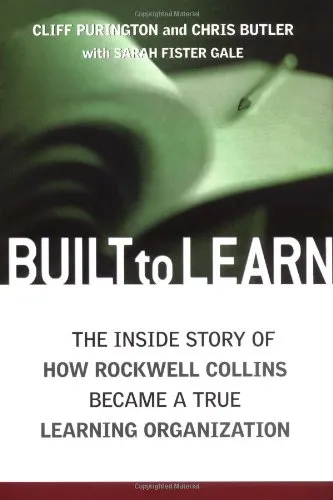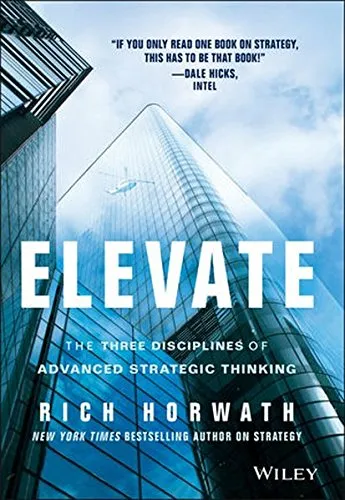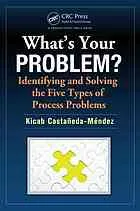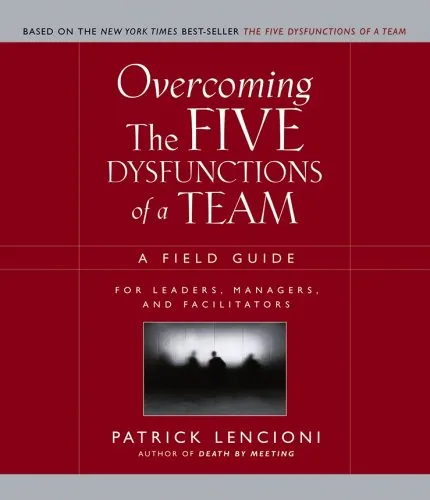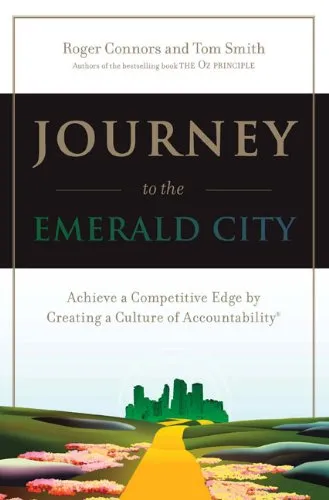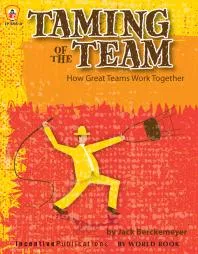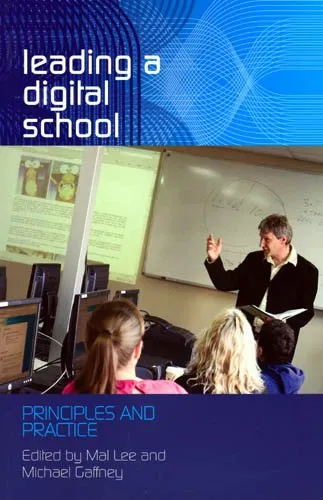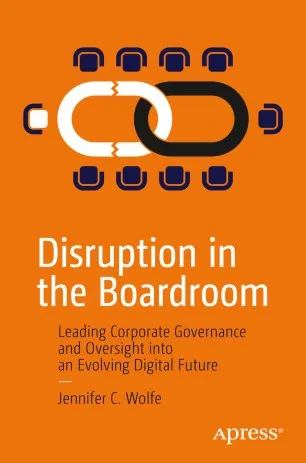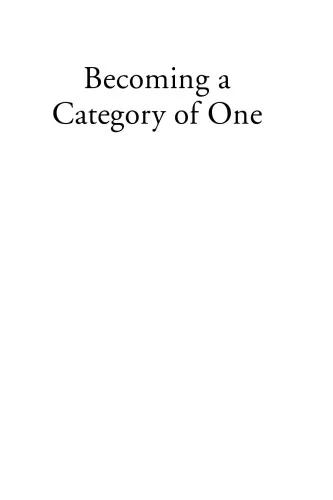The Learning Organization, Volume 9, Number 5, 2002
4.7
Reviews from our users

You Can Ask your questions from this book's AI after Login
Each download or ask from book AI costs 2 points. To earn more free points, please visit the Points Guide Page and complete some valuable actions.Related Refrences:
Introduction to "The Learning Organization, Volume 9, Number 5, 2002"
Welcome to an exploration of "The Learning Organization, Volume 9, Number 5, 2002" — a seminal work that delves into the intricacies of organizational learning. This volume offers a comprehensive overview of theoretical and practical aspects related to how learning can be institutionalized within organizations. It bridges the gap between theory and practice, making it a valuable resource for those aiming to cultivate an environment of continuous learning within their organizations.
Detailed Summary
The book begins with an examination of the core principles of a learning organization, defining it as an entity that facilitates the learning of its members and continuously transforms itself. The editors have collated a mix of articles by scholars and practitioners who share a vested interest in organizational development. Key themes include the role of leadership in fostering a learning culture, the impact of technology on knowledge management, and strategies for embedding learning into everyday business processes. The volume underscores the need for adaptability and innovation in an ever-changing global market.
A significant portion of the text is dedicated to discussing case studies from various industries. These case studies provide readers with real-world examples of successful and unsuccessful attempts at creating a learning organization. Through these narratives, the book illustrates the importance of context, culture, and well-structured learning frameworks.
Moreover, the volume discusses the dynamics of knowledge transfer between individual and collective learning processes, emphasizing the value of teamwork and collaboration. By addressing the challenges of resistance to change, it also offers insights into overcoming barriers and engaging employees in lifelong learning. Each chapter builds upon the foundations laid by the previous ones, creating an intricate tapestry of knowledge and practical guidance.
Key Takeaways
- The importance of creating a culture that supports and values learning is paramount.
- Leadership is crucial in modeling learning-oriented behavior and fostering an environment of trust and open communication.
- Technology serves as a significant enabler of knowledge sharing and learning within organizations.
- Adaptability and innovation are critical drivers for competition and survival in the global business landscape.
- Learning should be an integrated process within an organization's strategic planning.
Famous Quotes from the Book
"Organizations learn only through individuals who learn. Individual learning does not guarantee organizational learning. But without it no organizational learning occurs."
"To be a learning organization, an entity must continuously transform itself — it's a journey, not a destination."
Why This Book Matters
This volume of "The Learning Organization" is crucial because it addresses the needs, challenges, and strategies for fostering organizational learning in a way that is both accessible and deeply insightful. It matters because it provides a roadmap for managers and leaders seeking to encourage a culture of learning that is adaptable to rapidly changing environments. By understanding the dynamics of learning organizations, leaders are better equipped to handle the complexities of modern-day business and stay ahead of the curve.
The insights presented in this book are timeless, even though the volume was published in 2002. The themes resonate with contemporary challenges organizations face today, including digital transformation, globalization, and the constant demand for innovation. By embracing the principles discussed, organizations can ensure they remain competitive and resilient in the face of future challenges.
Free Direct Download
You Can Download this book after Login
Accessing books through legal platforms and public libraries not only supports the rights of authors and publishers but also contributes to the sustainability of reading culture. Before downloading, please take a moment to consider these options.
Find this book on other platforms:
WorldCat helps you find books in libraries worldwide.
See ratings, reviews, and discussions on Goodreads.
Find and buy rare or used books on AbeBooks.
1358
بازدید4.7
امتیاز0
نظر98%
رضایتReviews:
4.7
Based on 0 users review
Questions & Answers
Ask questions about this book or help others by answering
No questions yet. Be the first to ask!
